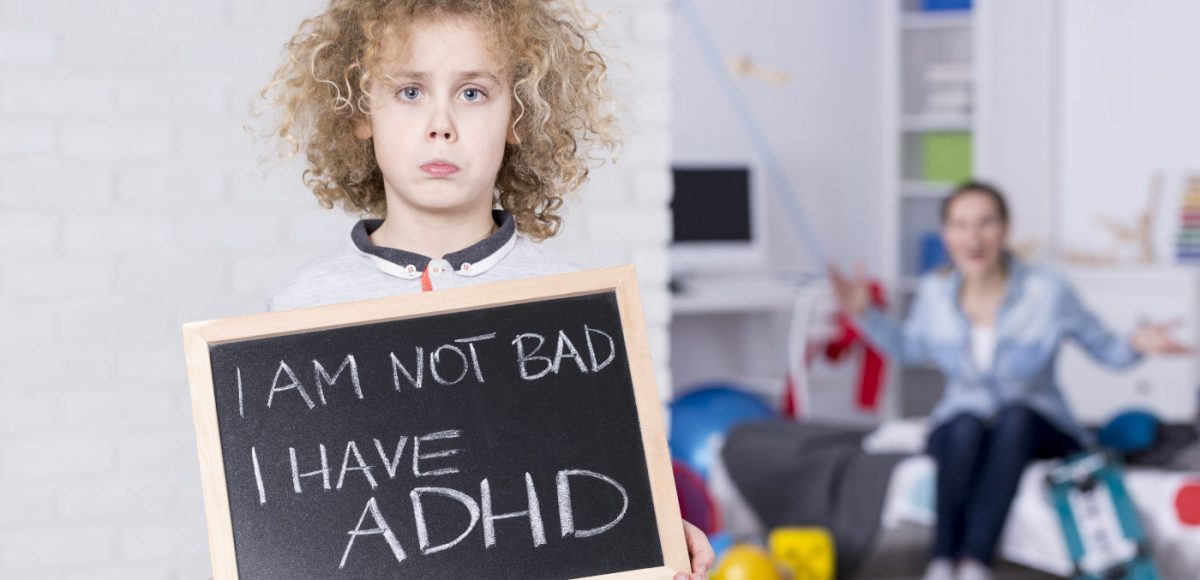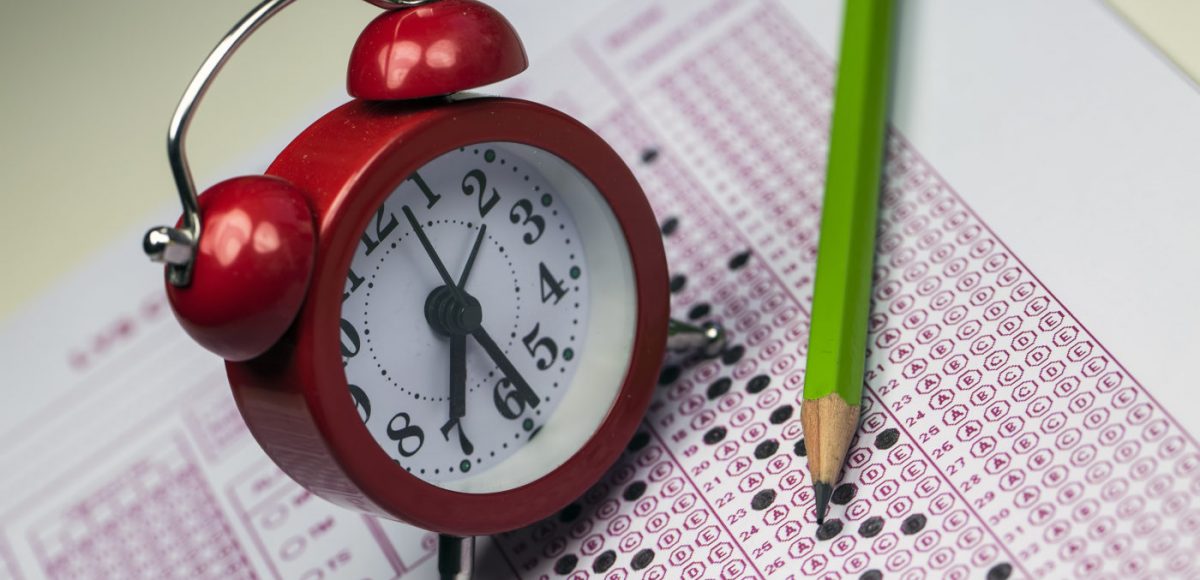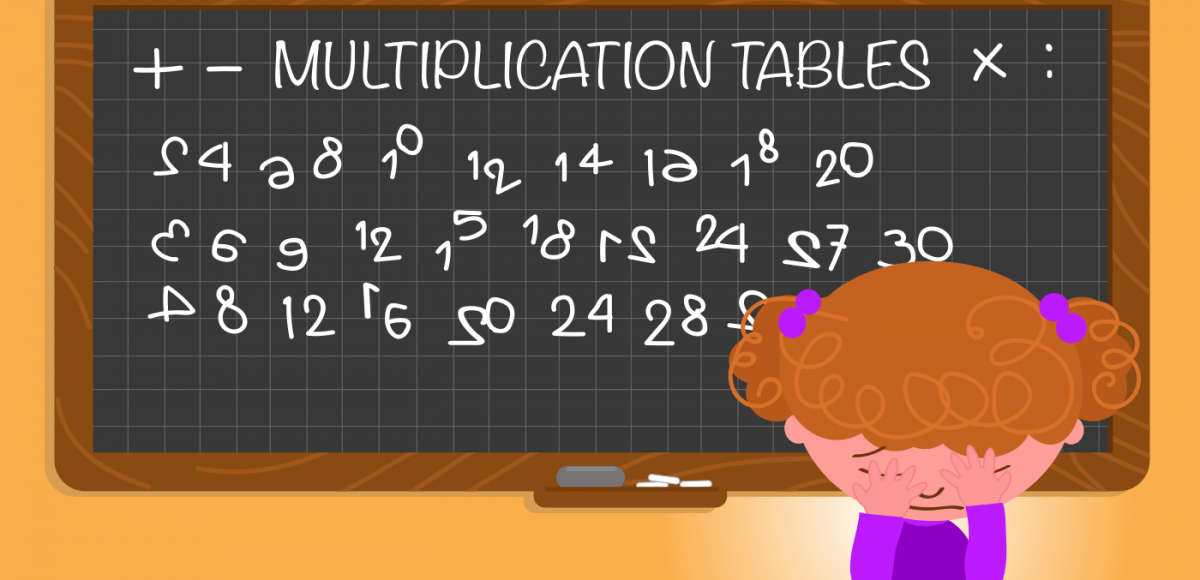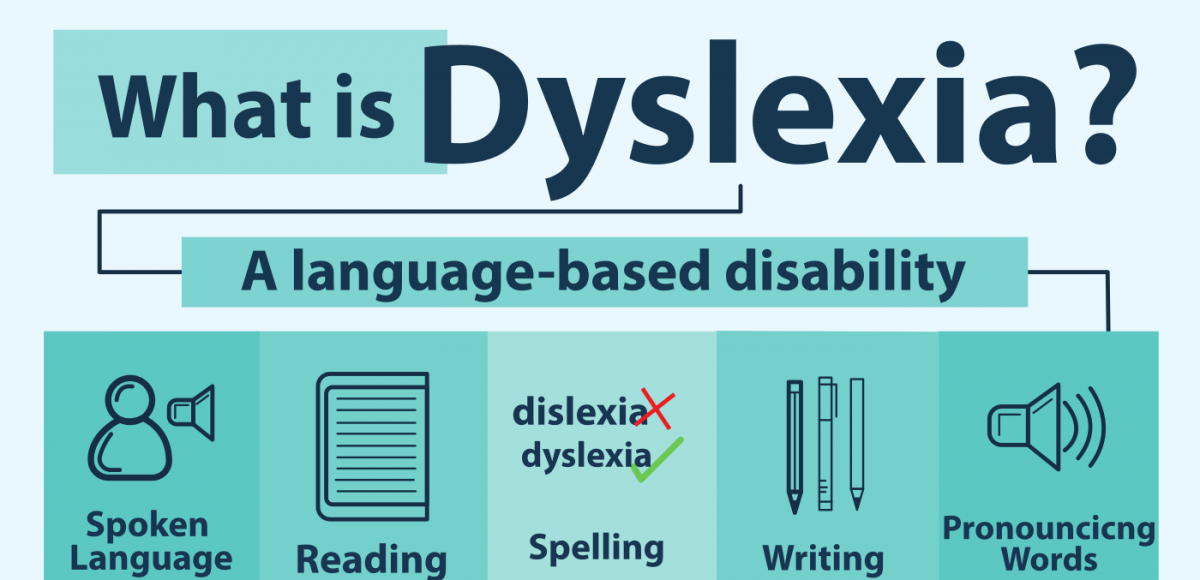A thorough psychoeducational evaluation is an essential tool when clarifying whether a person has a learning disability or Attention-Deficit/Hyperactivity Disorder (ADHD). The evaluation is a comprehensive process which includes gathering information regarding early school performance, clarifying current challenges (in school or work), and administering a battery of tests. Learning disabilities and ADHD are actually separate conditions but impact each other in meaningful ways. This evaluation clarifies which condition you have so you can know which steps to take to address it.
A psychoeducational evaluation includes an assessment of intellectual ability, otherwise known as IQ. A learning disability is evident when measured IQ is significantly higher than academic achievement. In other words, you are smart enough, but it is difficult for you to demonstrate your smarts in some school tasks. Students with learning or attention problems tend to feel ‘smart and dumb’ at the same time because they can learn the material but cannot demonstrate normally and in a timely manner on exams. The psychoeducational evaluation helps you to finally understand what your strengths and weaknesses are, and why you have struggled.
Emotional factors often play an important and impactful role when students are struggling. Thus, emotional factors are always considered and assessed in the process, to see how significantly they are interfering with learning.
Learning Disabilities Testing FAQs
Learning disabilities testing is also called an Educational Evaluation, or a Psychoeducational Evaluation. Here at the Center the evaluation always includes a thorough assessment of whether a student has an attention problems indicative of ADHD, and other possible causes for felt learning problems.
What is learning disabilities testing?
This is a process which includes clarifying academic successes and challenges in school, administering certain tests, scoring the tests against other students your age, and a written detailed analysis of your performance.
How long will it take to test for a learning disability?
The testing process requires approximately 6 hours, which is typically conducted in two 3-hour sessions but can be conducted in one day with a lunch break.
When will I get the results?
Once the testing is completed, and we’ve gathered information about your school history, it takes 2-3 weeks to analyze and write up the results. Results will be sent to you through a secure private portal, and then discussed by phone or in-person. The report is highly detailed, at 15-22 pages in length.
How will learning disabilities testing (otherwise known as a psychoeducational evaluation) help me/my child?
- The testing process will help to clarify exactly what your strengths and weaknesses are as they relate to learning and schoolwork. Once you understand these you can work with them more effectively.
- The testing process is usually relieving because it clarifies your strengths and weaknesses and why it has been difficult to fully demonstrate your knowledge in a traditional school manner.
- If a learning weakness is substantiated, you will be entitled to academic accommodations, such as extra time on tests, testing in a separate quiet room, access to additional learning materials such as books on tape, and access to any learning center or specialist at your school.
- If a learning disability is identified you will be entitled to apply for accommodations on high stakes testing such as the SAT, GMAT, GRE, LSAT, and licensing boards of various disciplines.
Who can conduct learning disabilities and/or ADHD testing?
Psychologists, neuropsychologists, school psychologists, and educational therapists (Masters level professionals) can conduct this type of testing. However, not all of these professionals are versed and competent in this type of testing. In order to be competent in this type of testing the evaluator should have advanced training, years of experience, and supervision, in the area of learning disabilities testing.
Why won’t health insurance pay for learning disabilities testing?
Nearly all health insurance plans exclude coverage for Educational Evaluations. This is due to the fact that minors are legally entitled to evaluations through the public school system, even if the child attends a private school. The challenge with going through the public school system is that they are often back logged with evaluations, and have more stringent standards about who qualifies to be evaluated, as well as who actually ‘qualifies’ as learning disabled.
What are some of the most common learning disorders which are identified by an educational evaluation?
- A reading disorder, otherwise known as dyslexia, is one of the most common learning disorders. Recent studies show that 1 in 5 school age children has some significant difficulty learning to read. Prevalence rates in the population indicate that about 4 percent of the population has a reading disorder/dyslexia.
- ADHD, Attention Deficit Disorder, or Attention Deficit Hyperactivity Disorder (words which can be used interchangeably) is another condition which often causes impairment in optimal school functioning. In bright individuals it is not uncommon to first diagnose this condition later in life, such as in late adolescence or even adulthood.
- A language disorder is another relatively common type of learning disorder which reflects difficulty expressing one’s thoughts either verbally and/or in writing.
- A writing disorder is present when a bright and capable student has excessive difficulty expressing thoughts on paper. This person can often verbalize ideas without a problem, but when asked to write them down has difficulty getting started, organizing, and fully expressing ideas. Individuals with this condition often have sloppy penmanship as well.
- A math disorder exists when a capable student is unable to master computation and/or math concepts, despite average intelligence, and remediation. Approximately 1-2 percent of students has a true math disorder. Individuals who have dyslexia are more likely to have math disorder.
What are some of the common signs of a learning disorder?
- very slow rate of reading
- difficulty finishing tests
- can’t stay focused very long on assigned reading
- frequent ‘tip of the tongue’ phenomenon, get tongue-tied, can’t speak under pressure
- excruciating difficulty writing, particularly when under a deadline
- seems to take twice as long as it should to complete assignments
- seem to work twice as hard as your peers, and still don’t get great results
- hate to read out loud in front of others
- can’t pronounce new words well
- never able to really memorize multiplication tables
- still count on your fingers
- you feel insecure or embarrassed about your school abilities
- you feel like you’re not a success as a student despite your best effort
- you just can’t seem to learn a foreign language
- messy handwriting despite good effort
What if I find out that I do NOT have a learning disability?
If the testing does not substantiate a learning disability it should still help to clarify why you are struggling in school. It may be due to emotional factors, a poor fit with your school, or a normal delay in cognitive growth and maturation. When trying to figure out what is causing difficulty in school or learning, it can be just as important to rule out factors, such as a learning disability, as it is to determine what exactly the problem is.
What ages can be evaluated at the Center?
All but the youngest students can be evaluated, from age 7 upwards through adulthood. It is best to see an expert in early childhood development when working with students from pre- kindergarten through first grade.
Many evaluations at the Center are with adults, particularly graduate and college students. Do not hesitate to consider an evaluation if you are an adult and suspect you have a learning difference, it is never too late to find out why you have struggled. Many conditions go undetected and diagnosed for a variety of reasons.
When should a student be re-evaluated and why?
The brain changes rapidly in childhood and thus more frequent re-evaluations may be appropriate. In the industry of evaluations and academic institutions, evaluations are thought to be relevant and valid for 3 to 5 years. This is because a student’s skills and functioning can change dramatically from say, age 8 to 11. That said, a re-evaluation need not occur just because it has been 3 years from the last one. A re-evaluation should be considered when:
• The student is transitioning from one institution to another and the evaluation would help educators and parents plan more carefully to ensure a successful transition
• The student is seeking accommodations from a testing board and current testing is required
• Trusted school personnel perceive it would be beneficial to understand the current learning and abilities of the student
• When there is a question about a new condition that may be impacting learning –eg., the development of depression, anxiety, or ADHD/ADD
What is the difference between a Psychoeducational Evaluation, a Neuropsychological Evaluation, and a Psychological Evaluation, and are you qualified to conduct all of them?
Yes, as a clinical psychologist I have the training and expertise to conduct the Psychoeducational and Psychological Evaluations. In addition, I pursued advanced didactic training and supervision and am competent in conducting Neuropsychological Evaluations.
The primary emphasis of a Learning Disability Evaluation is on learning and academic ability with less emphasis on the emotional and social functioning of the student. These evaluations always include tests which measure the component skills of reading, writing, and math. A thorough Psychoeducational Evaluation examines both the learning issues and the emotional issues of the student. The typical Neuropsychological Evaluation does not assess academic skills. Rather, this evaluation examines whether there are underlying weaknesses in brain function with particular attention on: memory, attention, processing speed, and other areas pertinent to the referral question. For most students seeking an evaluation regarding academic functioning a Neuropsychological Evaluation is not the most appropriate because there may be little analysis of how the student’s brain functioning is impacting academic skills.
Over the years I have come to conduct a hybrid Psychoeducational and Neuropsychological Evaluation, so that any factors impacting learning will be detected. I always examine: academic skills, personal history, social and emotional functioning, and neuropsychological factors which undergird learning (attention, memory, and processing speed).
If a student is struggling in school, is a Psychoeducational Evaluation usually the most useful course of action to address this?
Not necessarily. This type of comprehensive evaluation can be total ‘over-kill’ depending upon the nature of the situation. I will not recommend the evaluation if there are other courses of action which would more directly remedy the problem. Please call for a complimentary consultation to determine whether an evaluation is warranted.





